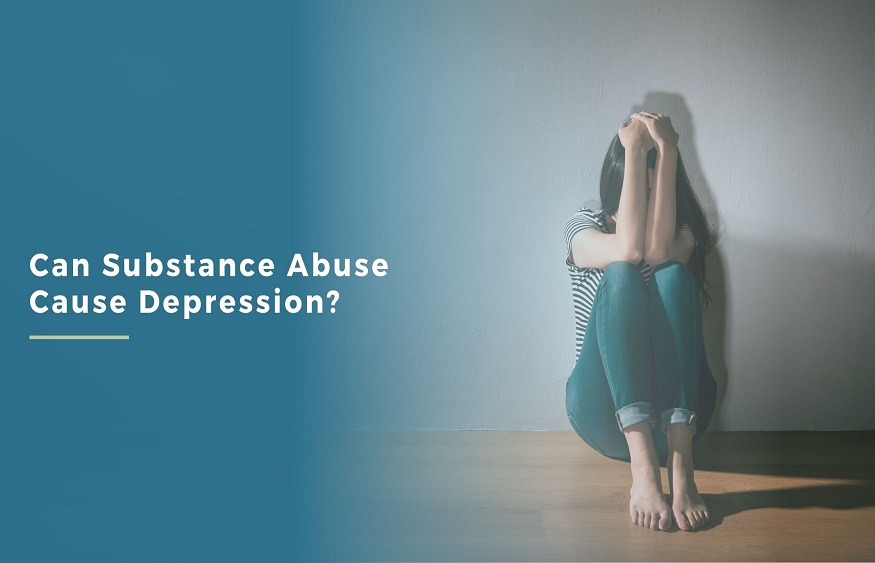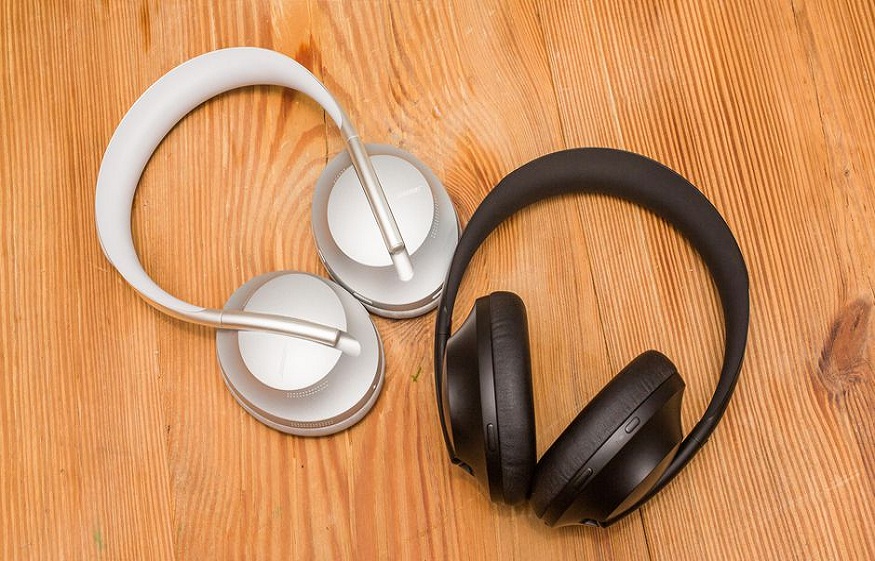Co-Occurring Disorders: Depression and Substance Abuse

It’s no secret that substance abuse and mental illness are closely related. According to the National Bureau of Economic Research, people with a history of mental illness have a 25% higher likelihood of drinking alcohol, a 69% higher likelihood of using cocaine, and a 94% higher likelihood of smoking cigarettes. A dual diagnosis or co-occurring disorder occurs when a person struggles with both substance abuse and mental illness.
What are the most common co-occurring disorders people require addiction recovery for?
Major depressive disorder (MDD) and bipolar disorder (BD), in particular, frequently coexist with substance use disorders (SUDs), which require addiction recovery. Between 10% and 30% of people with MDD and 20% to 70% of people with BD report having a substance use disorder. The most prevalent SUD in people with BD, occurring in about 42% of cases, is alcohol use disorder. The second most prevalent SUD, occurring in about 20% of cases, is cannabis use disorder.
What is depression?
Substance use and depression frequently co-occur as mental illnesses requiring addiction recovery. The two disorders are inversely correlated, so those who abuse substances are more likely to experience depression and vice versa. To improve their mood or get away from feelings of guilt or despair, people who are depressed may drink or use drugs. Alcohol, a depressant, for example, can increase fatigue and have an adverse effect on inhibitions, reaction times, concentration, and decision-making. Alcohol abuse can cause you to nod off at work or school.
What is addiction recovery treatment?
The best course of action is typically comprehensive addiction recovery treatment, which is available for both substance use and depression. Antidepressants can significantly lessen depressive symptoms, and there are medications available to treat disorders like alcohol use disorder and opioid use disorder. According to research, taking medication frequently works better when a person also gets counseling and behavioral support. For many individuals, intensive outpatient or inpatient treatment is required to overcome addiction and acquire effective coping mechanisms for depression.
You may need to seek immediate medical attention to address the withdrawal symptoms from drugs or alcohol before seeking treatment for substance use and depression. Before a clinician can make an accurate diagnostic assessment, some period of abstinence may be required.
Additionally, ask your doctor about programs that simultaneously address the two diagnoses.Your depression might get worse, and your risk of relapsing if you just stop using substances, which has largely been a coping mechanism.
Counseling, medical assistance, and peer support for addiction can help some people with dual diagnoses cope effectively. Others might discover that outpatient or intensive inpatient programs are more effective. Effective treatment strategies are multimodal and long-term, with the dual goals of enhancing health and quality of life while reducing the length, frequency, and severity of substance use.
A comprehensive treatment program typically includes medical and mental health care, counseling, case management, and peer support groups, in addition to providing access to support for needs related to employment, finances, housing, childcare, and other necessities.
Relapse is possible and frequently happens, but treating both depression and drug use increases the likelihood of long-term recovery. This is why if you’ve been given a diagnosis of depression, you should discuss the dangers of substance use with your doctor. You might also want to keep a close eye on how much alcohol you consume and look for other ways to deal with stress and depression.
Where do you find addiction recovery treatment?
Advantage Mental Health Center in Clearwater, FL, offers a comprehensive addiction recovery program that includes individual and group therapy, medication management, and support groups. Their team of experienced professionals provides personalized treatment plans to help individuals achieve long-term recovery and improve their overall well-being. Reach out to them regarding your needs today.








